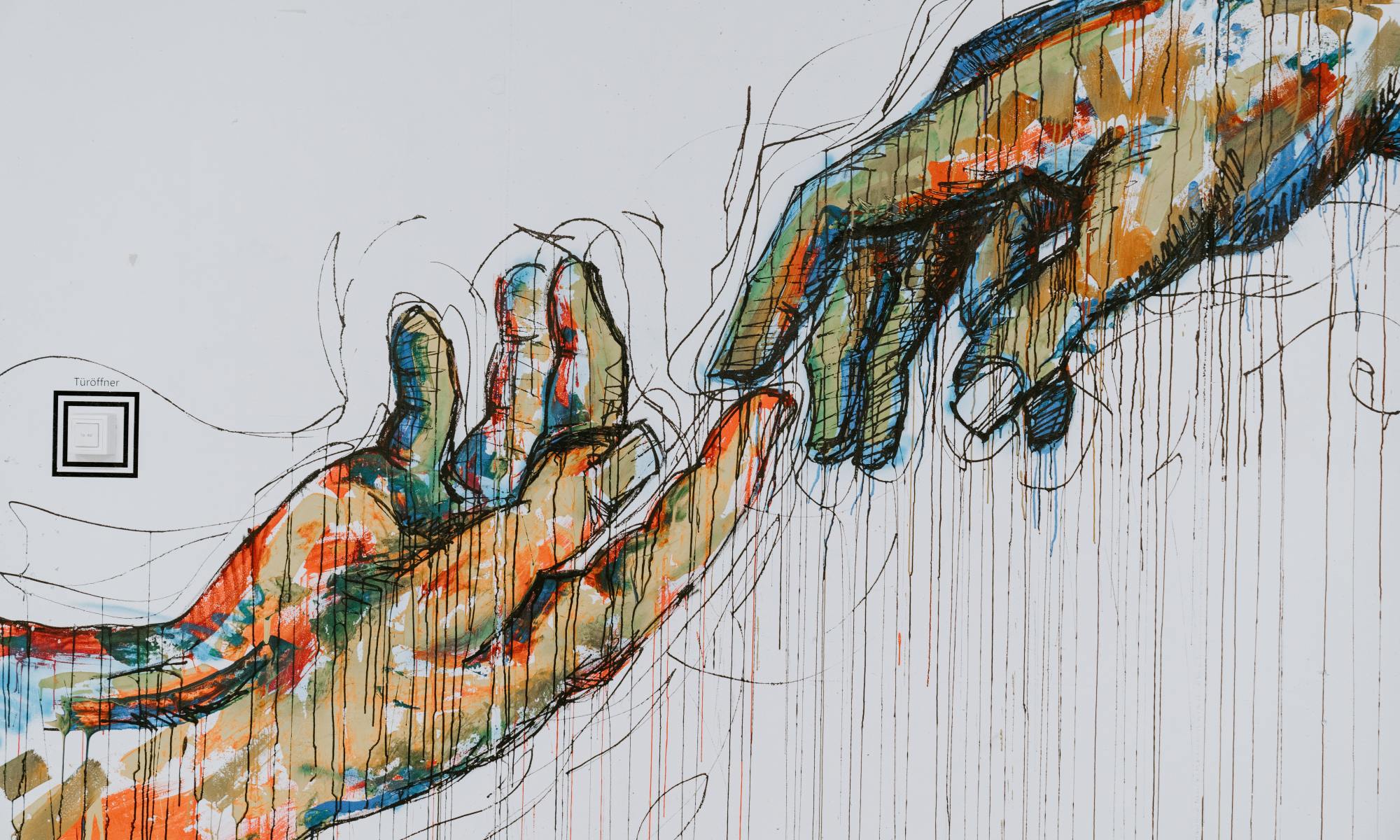Written by Dr. Charles R. Ciorba
School shootings are one of the darker points in our educational history, and as such, it is a very serious topic for music educators. Discussions in this area can be extremely complex, and I am tired of thoughts and prayers being offered as a means to cope with such needless and senseless tragedies. Furthermore, I feel proposed solutions from one end of the spectrum (arm all teachers) to the other (eliminate all guns from our society) are extremely impractical.
I have my own history with this terrible phenomenon. The closest I came to a school shooting was December 10th, 1998 when I was an undergraduate at Wayne State University. On that day, a doctoral student shot and killed a faculty member. I do remember that I was not on campus when it transpired. I wasn’t shocked by the news, but interestingly, I felt anger towards the news media. Over the next day or two, they came on campus and acted like a group of entitled ghouls with their cameras and microphones. I will never forget that feeling.
Jumping forward a few months, I found myself student teaching during Spring/Winter semester of 1999. On April 20th of that year, the Columbine massacre occurred. It was a huge national story, and by the time I arrived at the school, the students were already talking about it in the hallways. One of our senior band students dressed in a similar fashion to the Columbine shooters (black trench coat, black jeans, etc.). It was obvious he was disturbed by the news of the shooting, and he may have been the target of some ridicule that morning. In one of his classes, a teacher overheard him say that he would be okay because he had something in his car for protection. By the time my mentor teacher and I returned to school after lunch, we saw the assistant principal and school security guard searching this student’s car. They found a piece of metal, which the student used to hold up the malfunctioning hatchback door. The student was immediately expelled, and their graduation status was in jeopardy. I realized at that moment we must be careful of what we say under such traumatic circumstances.
By the fall of 2008, I was teaching a freshman seminar class at Millikin University. The class was titled, Music in Cartoons. It was a great topic, which allowed us to engage in numerous discussions on racism, sexism, violence, etc. The students were great, and they had no problem expressing themselves, but the class discussions really took off when we started talking about violence in cartoons. I asked them about their fascination with violence, and they said they were part of the Columbine generation. Furthermore, they were afraid of the possibility of becoming a shooting victim. This really hit me by surprise, as I never really lived with this type of fear. Because of their honesty, I felt much closer to them as a group. I remember them fondly to this day.
Okay, enough of my stories. The history of school shootings dates as far back as 1840, when a law professor from the University of Virginia was shot by a student. He died three days later. I’m not a big fan of using Wikipedia for teaching purposes, but the following link offers a history of all the school shootings that have occurred in the United States.
https://en.wikipedia.org/wiki/List_of_school_shootings_in_the_United_States
I cannot vouch for the validity of this data, but they did list the shooting at Wayne State University. While school shootings have been around for a long time, it is no secret they have increased dramatically over the past 20 years. Most recently, I was shocked by the school shooting in Uvalde, TX. According to the local media, the shooter fired at least six times after the police arrived. Please click on the link below to watch a news story on the incident.
Public reaction towards school shootings is mixed and divided, although some real momentum came out of the shooting in Parkland, FL. It seemed the public was getting a bit fed up, and the protests in Washington, DC were very large and very organized. I can only wonder what could have come of it, but things shifted quickly once the pandemic set in.
Prior to the pandemic, I played this public service announcement to my undergraduate students in the Fall of 2019.
It offers a chilling narrative, and while this PSA offers no solutions, it certainly prompts further discussion on the topic. I’ve also considered the mental well-being of school shooters. After all, who in their right mind would walk into a school with the intent of murder? People have asked, “Is it a gun issue or a mental health issue?” While I wrestle with that question, Vernon et al. (2019) revealed school shooters usual share the following traits:
Social Isolation
Discontent
Ostracism
Social Implosion
As the issue of school shootings evolves, it also grows in complexity. So, where does that leave us? Do we try to identify and diagnose mental health issues prior to tragedy? Do we arm the teachers? Do we bring more police into the schools? Do we enact gun control regulations? In a society that is currently divided as ours, moving forward with practical answers to any of these questions will undoubtedly be met with a variety of responses from all sides of the political spectrum. In the meantime, schools have reopened, and teachers are dealing with a variety of new stresses. School shootings have also returned, and I see no solution in sight.

